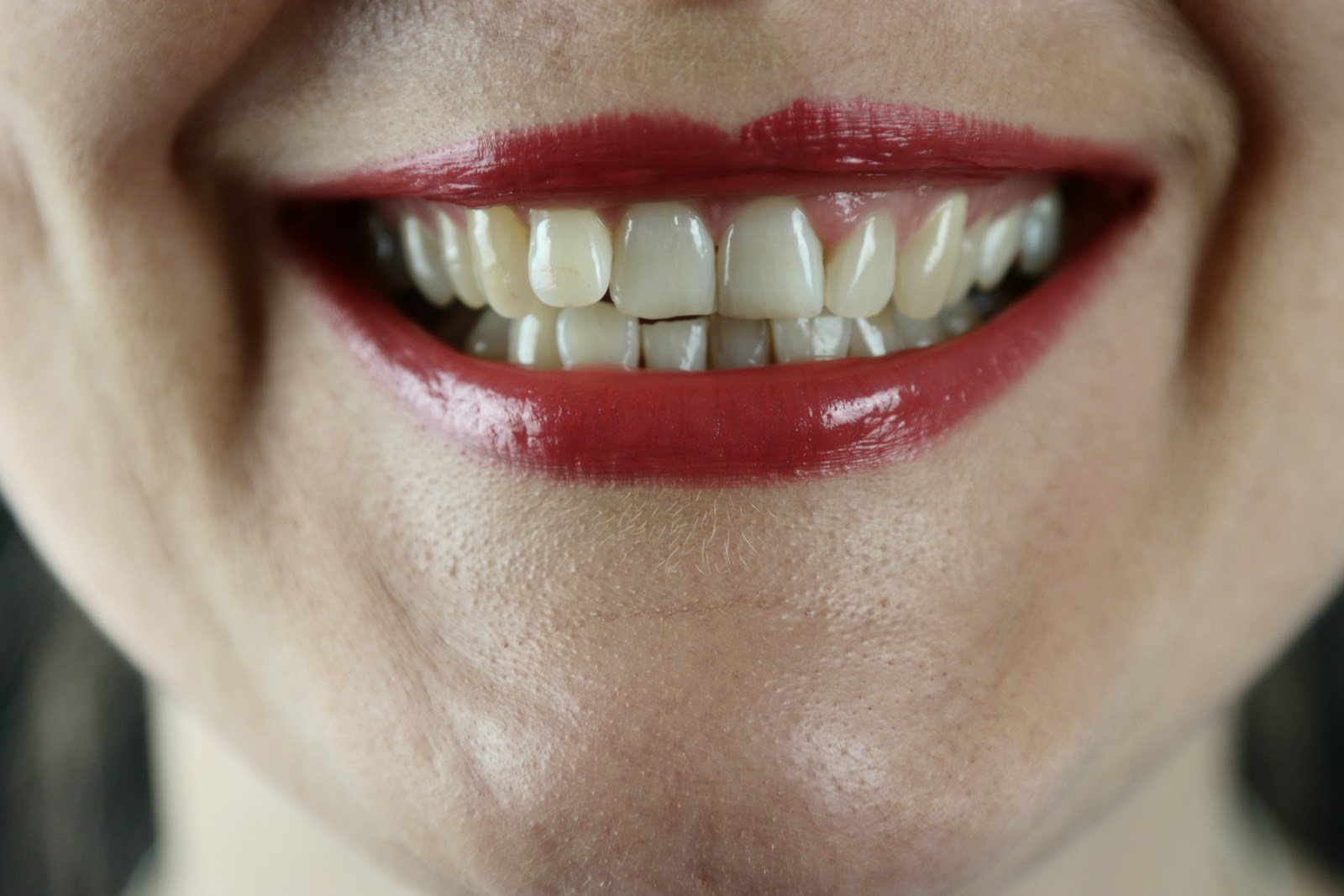Tooth sensitivity is a common problem that affects millions of people around the world. One of the most noticeable signs of this condition is pain or discomfort when eating certain foods. While many factors can contribute to tooth sensitivity, such as cavities, enamel erosion, or gum disease, the foods we eat play a significant role. Some foods, especially those with specific temperatures, textures, or chemical properties, can trigger sharp pain or aching in the teeth. Understanding which foods are likely to cause discomfort can help individuals make better dietary choices and protect their oral health. Just find a dentist near me if you need help.
Cold Foods and Beverages
One of the most common triggers for tooth pain is cold food. Ice cream, popsicles, and iced drinks can cause sudden sharp pain in sensitive teeth. This happens because the cold temperature causes the fluid inside the tiny tubes in the dentin (the layer beneath the enamel) to move. This movement stimulates the nerves inside the tooth, resulting in pain. People with worn enamel or receding gums are especially prone to this type of sensitivity.
Hot Foods and Drinks
On the other end of the spectrum, very hot foods and drinks can also cause discomfort. Hot coffee, tea, or soup may affect teeth with exposed dentin or dental work. Similar to cold triggers, hot substances can cause changes in pressure and stimulate nerve endings. For people with dental restorations like fillings or crowns, extreme heat can even cause expansion of materials, which might lead to cracks or increased sensitivity.
Sugary Foods
Sugar is another common culprit when it comes to tooth pain. Candies, soda, and desserts feed the bacteria in the mouth, which produce acid as a byproduct. This acid wears away at tooth enamel, leading to cavities and exposing the dentin underneath. Additionally, sticky sugary foods like caramel or gummy candies can cling to the teeth for longer periods, increasing the risk of decay and sensitivity.
Acidic Foods and Drinks
Highly acidic foods such as citrus fruits (lemons, oranges, grapefruits), vinegar-based dressings, and carbonated drinks can erode tooth enamel over time. As the protective enamel thins, the underlying dentin becomes more exposed, leading to heightened sensitivity. Even healthy foods like tomatoes and pineapples can cause problems if consumed in excess or if proper oral hygiene is not practiced.
Hard and Crunchy Foods
Hard foods such as ice, nuts, or hard candies can also cause tooth pain, especially if a person bites down too forcefully. These foods can lead to chips, cracks, or even broken teeth. Crunchy snacks like popcorn kernels or stale bread can get lodged between teeth or under the gums, causing localized discomfort and sometimes inflammation.
Tooth pain caused by food is not just an annoyance—it’s often a sign that something more serious might be going on. Cold, hot, sugary, acidic, and hard foods are among the most common triggers for dental discomfort. While avoiding these foods entirely may not be realistic, moderation and good oral hygiene can make a big difference. Using toothpaste designed for sensitive teeth, avoiding excessive snacking, and seeing a dentist regularly can help manage tooth sensitivity and ensure a healthier, pain-free smile.


